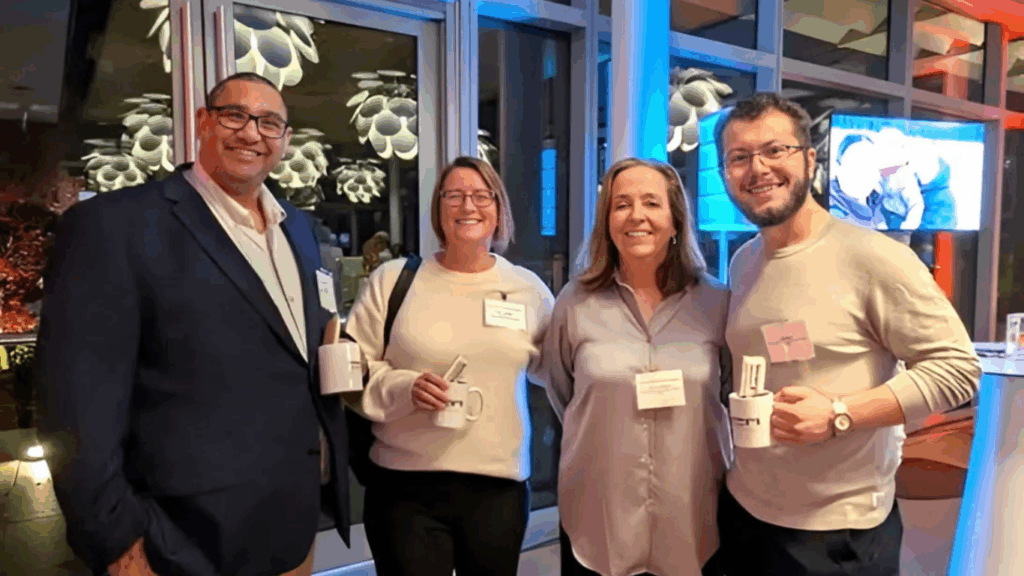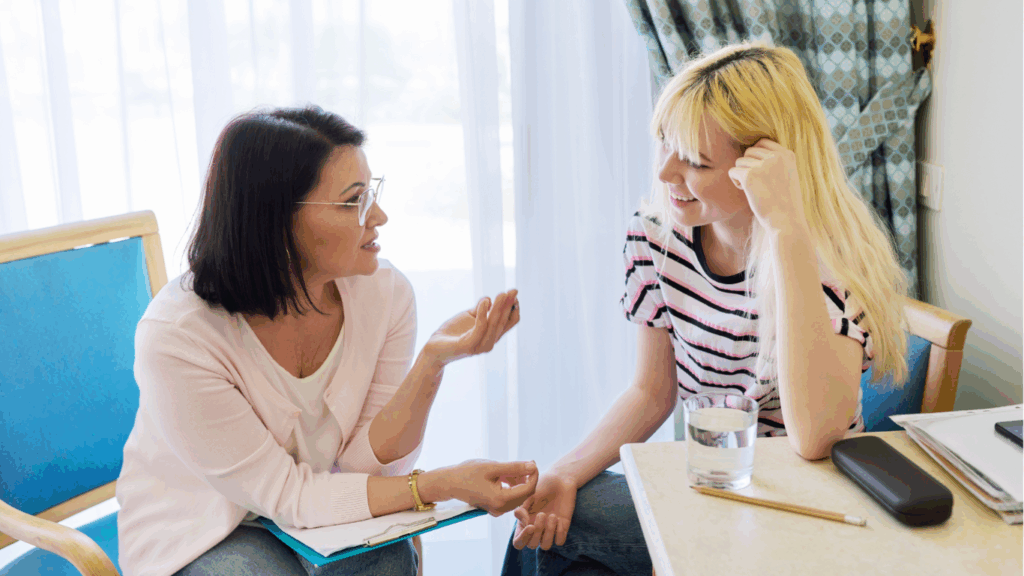Social worker Carol Blake demystifies what can seem to be a nerve wracking and intrusive process-the adoption homestudy.
Quick! Vacuum the rug, dust the furniture, alphabetize the spice rack, the social worker is coming over!
The day has finally arrived; your social worker is coming over to start the homestudy. What does she want to know? Will she inspect your home? Should you sort out the garage? How personal does it get? What if we say the wrong thing? These are the sorts of questions prospective adoptive families worry about. Well, I am that social worker and I’m here to give you a sneak peek into the process so that when your social worker arrives, you can open the door with confidence.
What is the social worker supposed to do?
Obviously, every adoption social worker will be different, but there will be some similarities in training and experience. None of us are looking for perfect people. What the social worker needs to do is determine your health and the health of your relationships. During visits they will learn the strengths that you bring to parenting. Ideally, they’d like to see a relationship that would model to a child a strong, connected couple or individual that is loving and respectful most of the time. Within that ideal there is a great deal of flexibility for the realities of day-to-day life.
A homestudy is a document that encapsulates you and your spouse in written form. It will be used by social workers to match you with a child, or it will be read by a birthmom. While everyone wants to be portrayed positively, it is the social worker’s job to show you in your truest light. Now is not the time to paint a brighter picture or fundamentally change who you really are. The closer the homestudy is to the reality of your family, the better the match will be.
How can we prepare?
If you are a couple, you and your spouse can talk to each other about yourselves and your life together—this is one test you do not have to study for—don’t worry, you will know all the answers.
If the agency or MCFD has requested some paperwork, try your best to get it done. You may also want to sit with your partner and write down questions that have been percolating. With those questions taken care of, you are free to concentrateon the task at hand during your meetings.
What are meetings like?
Imagine an entire hour to an hour-and-a-half where you get to talk about how you met, how you communicate, and the plans you have for raising children. You have a captive audience! People are often surprised by how much they enjoy the process.
What will we talk about?
Each visit will probably feature a different topic. Some days you may talk about your history and family of origin; other days you might discuss parenting theories, parenting an adopted child, or raising a child of a different nationality and race (if that is the case). Religion, culture, and marital relationships will also be looked at, as will the amount of openness with birth family or other people in a child’s life that you will consider.
What if I say the wrong thing?
As I said before, you are not expected to be perfect. Social workers understand that people have different life experiences, beliefs, and personalities. What we are interested in is how you have managed and learned from those experiences.
Don’t be afraid to share with your social worker. Trust that it is better to bring up issues than for him or her to uncover them later. Issues like infidelity, separation, family mental illness, criminal convictions, substance abuse, and past abuse are difficult to broach but, if they are part of your life experience, they are part of you and your social worker needs to know who you are.
Confidentiality
Understand that as social workers we must respect your confidentiality. Your business is your business and should only be shared, when you are ready, with the people important to you. Personally, if I see clients in the community I do not approach them. If a client comes up to me, I am quite happy to talk to them, and I introduce them as my “friends.”
What if it is just me?
Adopting parents come in many varieties. Two-parent families, same-sex families, and single-parent families all look at adoption as a great way to grow their family. As a single person you will have the social worker all to yourself, giving you the same opportunity to share your story and life experience.
Now relax and stop dusting under the bookshelf. Put on a kettle for tea, set out some comfy chairs and prepare for an evening of enjoyable, thought-provoking conversations starring you and the people in your life. It will be easier and more fun than you expect, and that is exactly what making a family should be!





